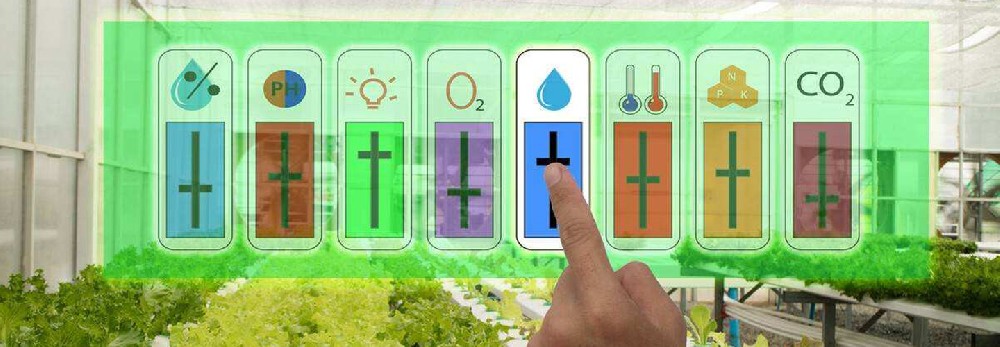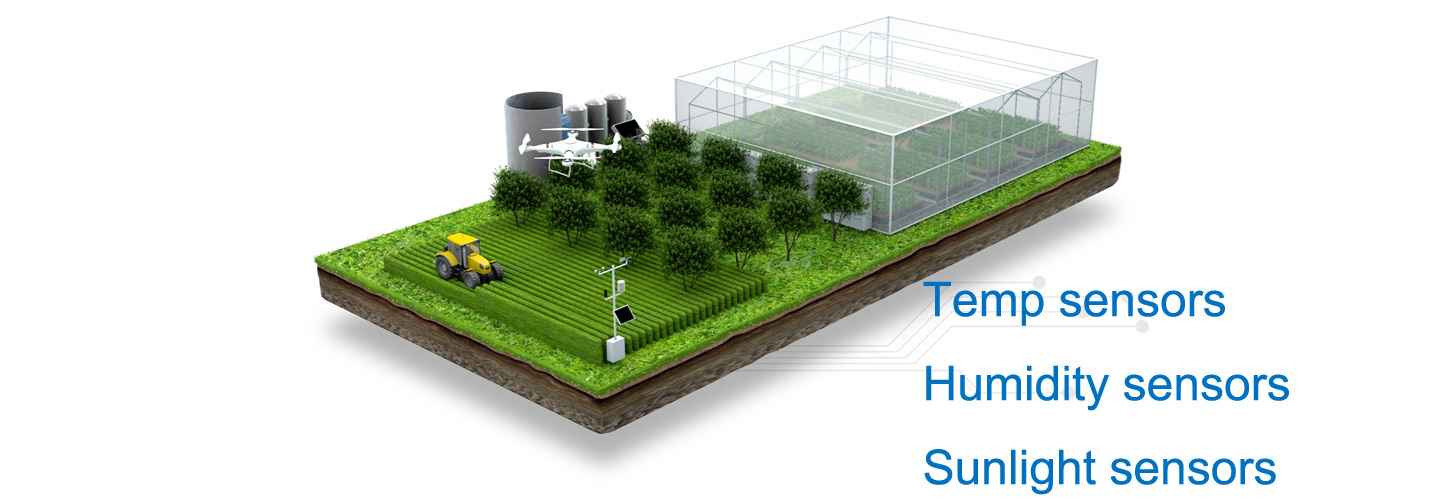

 咨询热线 15388025079
咨询热线 15388025079 时间:2022-03-30 20:24:13 浏览量:600
Smart agriculture in progress: How does the Internet of Things + big data become the starting point for agriculture into the future?
The emergence of IoT sensors + technology greenhouses allows flower farmers to fully control the temperature, illumination, and humidity of the farm according to the market season at any time, combined with automatic control equipment, to control the shipping season of each batch of orchids.
In addition, big data can be said to be a technology trend that complements and multiplies with the Internet of Things. In agriculture, the Internet of Things plays a role in precise control and greatly improving production efficiency, making agriculture, fishery and animal husbandry reach an unprecedented level of refinement. On the other hand, the biggest role of big data in agriculture, fishery and animal husbandry is to play a key role in accurate estimation, reduction of production risks and supply chain control.

Big Data and Smart Agriculture
Take the multinational agricultural biotech giant Monsanto as an example. In recent years, they bought a soil analysis company and a weather insurance company, in order to obtain a large amount of weather and soil data, not only to use the data to estimate the future climate will cause damage to agricultural production. According to the situation, the data from both parties can be combined to further study the optimal combination formula between Monsanto fertilizers, seedlings and crops, soil, pests and diseases.
On the other hand, big data has further promoted new breeding techniques. In the past, seedling breeders often had to repeatedly test the results of breeding and hybridization between greenhouses and fields. However, based on a large amount of genetic data, seedling breeders can now predict the planting results of crops through computer simulation analysis, which greatly reduces breeding experiments. time cost. In other words, by simply planting a much smaller experimental crop in the field and verifying it, you can judge how well it will work in a large-scale environment, and breeders can then determine which hybrid crops are most suitable for a specific soil environment.

Finally, big data can also provide agriculture with the role of "full tracking from field to table". Through data, every link between production, processing and sales can be completely connected by data to form a closer organism. Using the app to help farmers use their mobile phones to record the detailed production processes such as sowing, water diversion, and fertilization, farmers can upload photos and give feedback on planting data, and further combine image traceability with origin certification to directly improve rice consumption confidence. .
Of course, the Internet of Things and big data technologies are not impeccable for agriculture. It is a very big threshold for most farmers to accept and understand how to use technology. There are not many farmers who know how to use software to process data, let alone further. These data were integrated with the currently used agricultural implements. In addition, the cost of technological greenhouses and related IoT devices is still prohibitively expensive for many farmers. To popularize smart agriculture, we must think about the modularization of the Internet of Things and the ease of use of data science.
相关推荐
相关产品